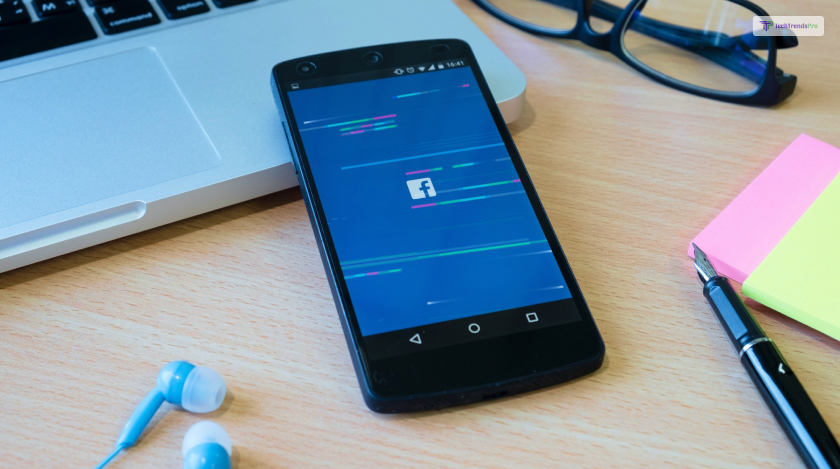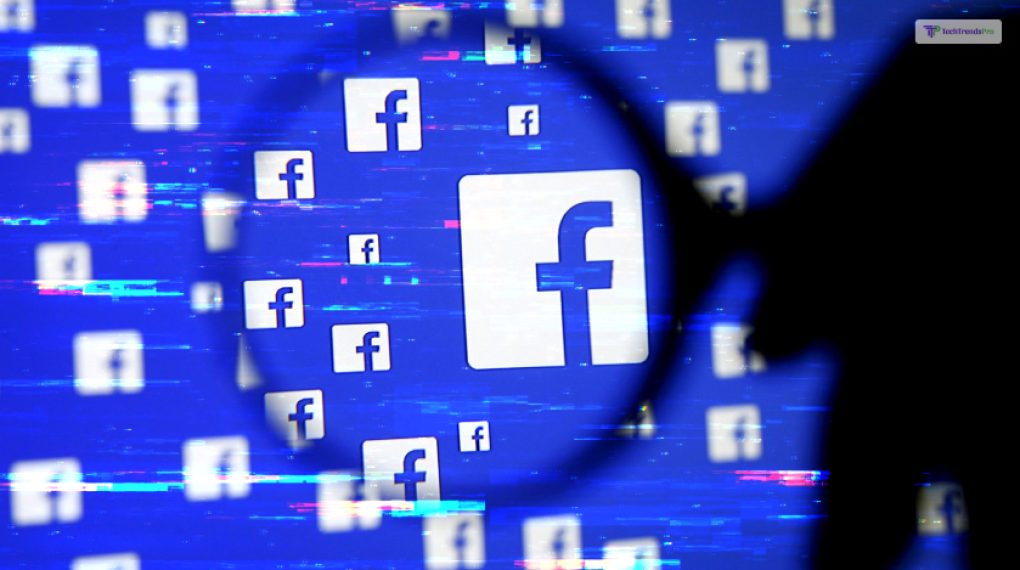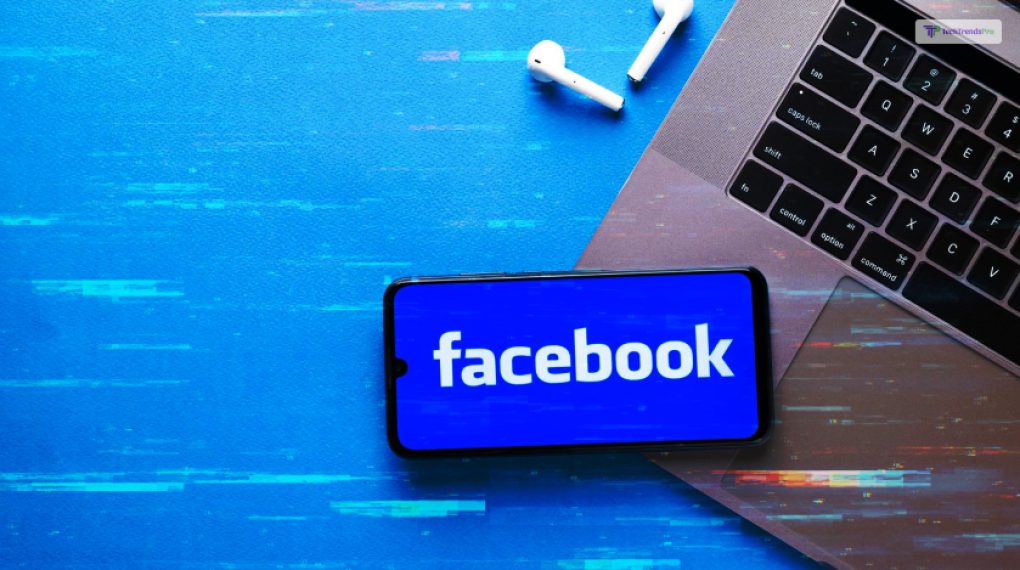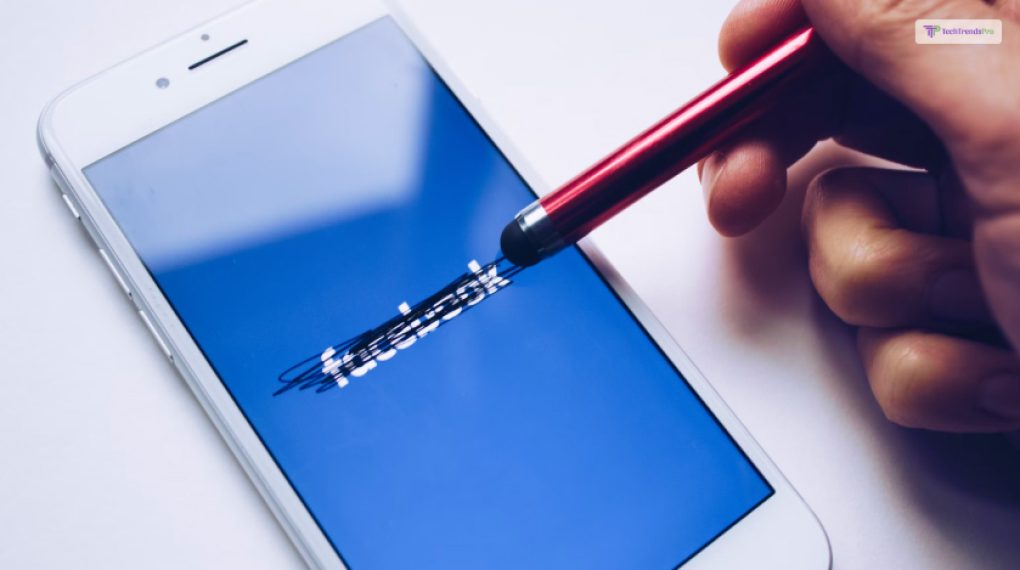
In the ever-evolving world of social media, Facebook stands as a titan, connecting billions of people across the globe. It has revolutionized the way we communicate, share, and connect. But, like any technological giant, even Facebook is not immune to the occasional hiccup. In this blog post, I delve into the intriguing world of the “Facebook Glitch” – those unexpected, puzzling errors that have left users scratching their heads.
From accidental profile picture swaps to posts mysteriously disappearing into the digital abyss, Facebook has seen it all. We’re going to explore some of the most notorious Facebook glitches, what causes them, and how they affect users. Apart from these, I will also talk about how to fix these issues.
Note: While I have explored some iconic Facebook glitches in this blog post, it's essential to remember that the platform is continually evolving and improving. Glitches are typically short-lived and addressed by Facebook's dedicated team of engineers and developers. If you encounter a glitch on Facebook, report it through the appropriate channels to help improve the user experience.
So, keep on reading this blog till the end to learn more…
The Mysterious World of Facebook Glitches: A Peek Behind the Digital Curtain

Before we dive headfirst into the glitchy abyss, let’s take a moment to understand what glitches are in the digital realm. A glitch is a sudden, often temporary, malfunction or defect in a system or program that leads to unexpected behavior. They’re like the digital equivalent of a sneeze – completely involuntary, usually harmless, but occasionally, they can be quite embarrassing.
Now, let’s travel back in time to the early days of Facebook, where the digital terrain was less trodden and the glitches more frequent.
The Early Days: A Bumpy Ride
When Facebook was still in its infancy, it faced a series of glitches that would leave even the most patient of users frustrated. These included profile pictures randomly changing, friend requests vanishing into thin air, and the infamous “disappearing wall posts.”
Imagine waking up one day to find your profile picture replaced by a random image of a cat or a coffee cup. Early Facebook users experienced this baffling glitch, which became known as the “Profile Picture Swap.” It wasn’t just a simple error; it was an identity crisis in the making.
Friend requests were another source of early Facebook glitches. Users would send friend requests, only to discover later that they had vanished into the digital void. It’s like trying to make a new friend at a party, only to have them vanish as you extend your hand.
Then there were the “disappearing wall posts.” You’d write a heartfelt message or share a hilarious meme on a friend’s wall, only for it to mysteriously vanish moments later. It’s as if Facebook’s virtual wall had a mind of its own, playing hide-and-seek with your posts.
The Not-So-Secret Sauce: Code Breakdown
So, what causes these glitches? At the heart of Facebook’s operation is a complex web of code, algorithms, and servers. When one small part of this intricate system misbehaves, it can trigger a glitch.
Imagine Facebook’s code as a massive puzzle, with millions of pieces. Now, imagine someone accidentally nudging the table it’s sitting on. The result? Pieces scatter, and the puzzle no longer looks quite right. That’s what happens when a glitch occurs.
These glitches can be caused by various factors, including:
1. Software Updates: Facebook constantly updates its software to add new features and improve security. Sometimes, these updates can introduce unexpected glitches, as new code interacts with the existing framework.
2. Server Overload: With billions of users uploading photos, videos, and status updates every day, Facebook’s servers are under immense strain. Occasionally, this overload can lead to glitches, causing delays or errors in your interactions.
3. Third-party Apps: Facebook’s ecosystem allows third-party developers to create applications that integrate with the platform. Sometimes, these apps don’t play nicely with Facebook’s code, resulting in glitches.
4. Browser Compatibility: Facebook is accessible through various web browsers, each with its quirks and capabilities. Compatibility issues between Facebook’s code and specific browsers can lead to glitches.
5. User Actions: User interactions, such as rapid clicks or simultaneous actions, can also trigger glitches. For instance, clicking ‘like’ on multiple posts at lightning speed might confuse the system.
6. Network Issues: Problems with your internet connection or Facebook’s servers can result in temporary glitches, such as images not loading or messages failing to send.
Glitches Through the Ages

As Facebook evolved, so did its glitches. Let’s take a stroll down memory lane and explore some iconic glitches that kept users on their toes.
The Great Blackout of 2008
In the summer of 2008, Facebook experienced a widespread glitch that left millions of users in the dark. Literally. The glitch caused Facebook’s background to turn black, rendering text and images nearly invisible.
Imagine logging into Facebook and finding yourself in a digital abyss with no way to communicate or make sense of the chaos. The Great Blackout of 2008 turned Facebook into a virtual haunted house. It was a harrowing experience for users and a testament to the unpredictable nature of glitches.
The Timeline Twist
One of the most significant changes in Facebook’s history was the introduction of the Timeline feature. This update allowed users to showcase their life stories through a visually appealing, chronological layout. However, it also introduced its fair share of glitches.
Some users reported that their Timelines had gone haywire, displaying posts from the past and present in a chaotic jumble. It was like your digital scrapbook had been tossed into a blender. Facebook engineers had to work tirelessly to iron out these kinks and restore order to the Timeline universe.
The Vanishing ‘Like’ Button
We all know the satisfying feeling of hitting the ‘Like’ button on a friend’s post, but what if that button suddenly disappeared? That’s precisely what happened to some Facebook users during a peculiar glitch.
The ‘Like’ button, Facebook’s digital equivalent of a thumbs-up, inexplicably vanished for some users. Their posts became ‘Like’-less wastelands, devoid of the usual digital applause. While this glitch might seem minor, it revealed just how integral such small features are to the Facebook experience.
The Case of the Phantom Notifications
Notifications are like digital breadcrumbs, guiding us through the labyrinth of Facebook. But what if those breadcrumbs led you into an endless loop of notifications that wouldn’t go away? That’s the mystery some users faced during the “Phantom Notifications” glitch.
This glitch caused users to receive notifications that, when clicked, didn’t lead to any new activity or messages. It was like being lured into a never-ending game of hide-and-seek, with Facebook playing the role of the elusive phantom.
The Elusive Disappearing Posts
Perhaps the most frustrating of all glitches is the “Disappearing Posts” phenomenon. Users would spend time crafting the perfect status update or sharing a treasured memory, only to have it vanish into the digital ether.
Imagine pouring your heart into a heartfelt post, only to have it disappear before your eyes. It’s a reminder that in the digital world, nothing is truly permanent.
The Impact on Users

So, what’s the big deal with these glitches? In the grand scheme of things, they may seem like minor inconveniences. However, they can have a more significant impact than you might think.
Frustration and Anxiety
Glitches disrupt the smooth flow of our digital lives. They can be frustrating, especially when they interfere with essential tasks like communication or accessing information. Users often worry about the implications of these glitches – will their data be lost? Will they miss out on critical updates? The anxiety and uncertainty can take a toll on the user experience.
Privacy Concerns
Some glitches have raised concerns about user privacy. Imagine if a glitch exposed your private messages or made your personal information temporarily accessible to others. While Facebook takes privacy seriously, glitches can occasionally breach those digital walls.
Reputation Damage
For businesses and public figures, Facebook glitches can be particularly damaging. A glitch that disrupts a marketing campaign or deletes customer reviews can harm a company’s reputation. For individuals, a glitch that affects their public posts or profiles can lead to misunderstandings or embarrassment.
Loss of Trust
Repeated glitches can erode users’ trust in a platform. If users start to feel that their data and content are not secure or that the platform is unreliable, they may begin to look for alternatives. Trust is the cornerstone of any successful social media platform, and glitches can undermine it.
Facebook’s Response

While glitches can be frustrating, Facebook has a dedicated team of engineers and developers working around the clock to address them. The company takes user feedback seriously and strives to improve the platform’s stability and performance.
Facebook often releases updates and patches to fix glitches promptly. They also maintain a Help Center and a dedicated Support inbox to assist users facing issues related to glitches. Additionally, Facebook encourages users to report glitches and provide detailed information to help identify and resolve the root causes.
Troubleshooting Facebook Glitches: A Quick Guide to Smoother Social Surfing

Facebook glitches can be frustrating, but they’re not uncommon in the digital realm. From disappearing posts to malfunctioning features, these hiccups can disrupt your social media experience. Fear not! In this guide, we’ll walk you through some simple steps to fix Facebook glitches and get back to smooth scrolling.
Step 1: Refresh, Reboot, and Reload
The first rule of thumb when encountering a Facebook glitch is to refresh your page. A simple refresh (press F5 on your keyboard or click the circular arrow icon) can often resolve minor display issues or loading problems. If that doesn’t do the trick, try restarting your device, whether it’s your computer, tablet, or smartphone. Sometimes, a fresh start can work wonders in resolving glitches.
Step 2: Clear Your Browser Cache
If Facebook is acting up, your browser’s cache might be to blame. Cached data can sometimes become outdated and lead to glitches. To clear your browser cache, follow these steps:
1. Google Chrome: Click the three dots in the upper-right corner, go to “More tools,” and select “Clear browsing data.” Choose the time range and select “Cached images and files” before clicking “Clear data.”
2. Mozilla Firefox: Click the hamburger menu in the upper-right corner, go to “Options,” then “Privacy & Security.” Under “Cookies and Site Data,” click “Clear Data,” and check “Cached Web Content” before clicking “Clear.”
3. Safari: Open the “Safari” menu, choose “Preferences,” go to the “Advanced” tab, and check “Show Develop menu in menu bar.” Then, click “Develop” in the menu bar and select “Empty Caches.”
Clearing your cache can often resolve issues related to page loading and display.
Step 3: Update Your Browser
Outdated web browsers can sometimes struggle to render modern websites correctly, leading to glitches. Ensure you’re using the latest version of your preferred browser. Most browsers have an option in their settings to check for updates and install them automatically.
Step 4: Disable Browser Extensions
Browser extensions can sometimes interfere with the functionality of websites, including Facebook. Try disabling your browser extensions one by one to identify if any of them are causing the glitch. To do this, go to your browser’s settings, find the extensions or add-ons section, and toggle them off individually.
Step 5: Test on Different Browsers
If the glitch persists, try accessing Facebook through a different web browser. If the issue is browser-specific, you’ll be able to use an alternative browser while the initial one gets sorted out.
Step 6: Check for Facebook Updates
Just as browsers need updates, so does the Facebook app on your smartphone or tablet. Visit your device’s app store (Google Play Store for Android or App Store for iOS) and search for “Facebook.” If there’s an update available, install it. Sometimes, glitches are caused by outdated app versions.
Step 7: Report the Glitch to Facebook
If none of the above steps resolve the issue, it’s time to let Facebook know about the glitch. Facebook takes user feedback seriously and has a dedicated mechanism for reporting problems. To report a glitch:
1. Click the question mark icon in the upper-right corner of the Facebook page.
2. Select “Report a Problem.”
3. Describe the glitch in detail and follow the prompts to submit your report.
Facebook’s support team will investigate the issue and work on a solution.
Conclusion: Glitches, The Uninvited Guests
In the grand tapestry of Facebook’s history, glitches are the uninvited guests. They disrupt the party, spill drinks on the carpet, and occasionally make a spectacle of themselves. But, they’re also a reminder that technology, no matter how advanced, is still subject to the quirks of the digital universe.
As users, we can navigate the glitchy terrain with patience and understanding. After all, Facebook is not just a platform; it’s a reflection of our digital lives. Glitches are the hiccups that make the journey all the more interesting.
So, the next time you encounter a Facebook glitch – whether it’s a disappearing post or a phantom notification – take a deep breath, report the issue, and know that Facebook’s digital wizards are working their magic behind the scenes. Glitches may be an unavoidable part of the digital world, but they’re also a testament to the endless possibilities and occasional oddities of the online realm.
While Facebook glitches can be frustrating, they’re usually temporary and solvable with a bit of troubleshooting. By following these steps, you can quickly get back to enjoying a glitch-free social media experience.
Read Also:






